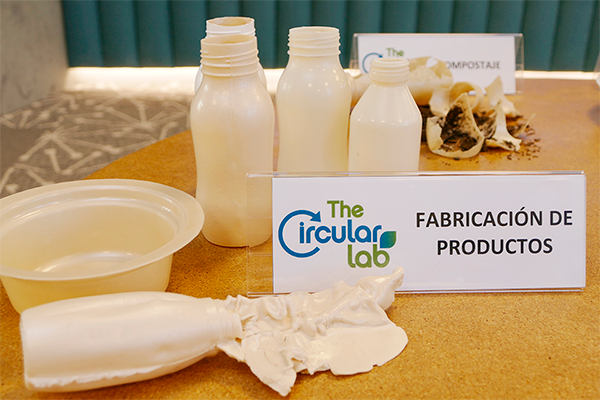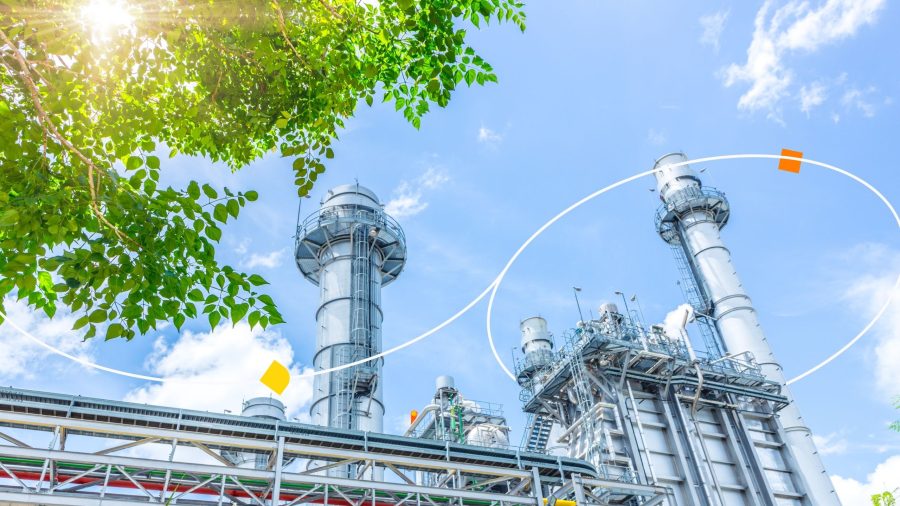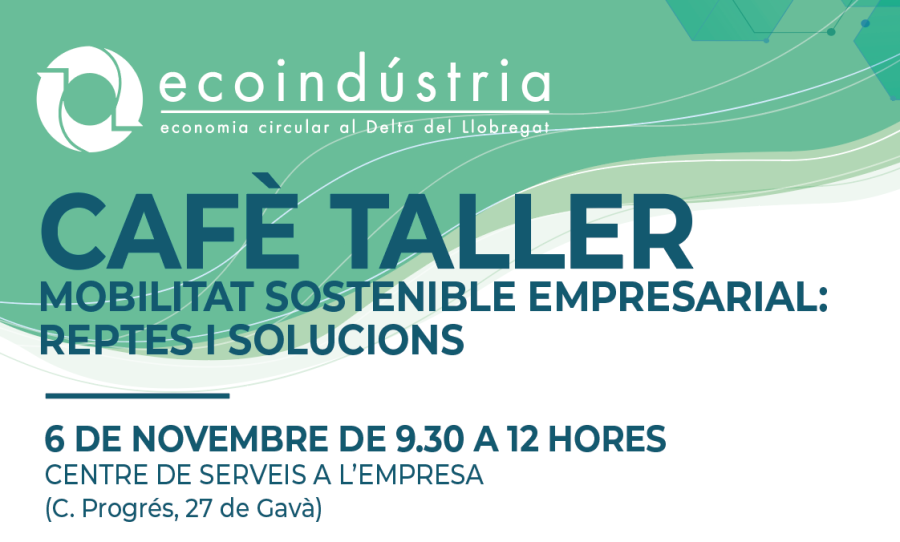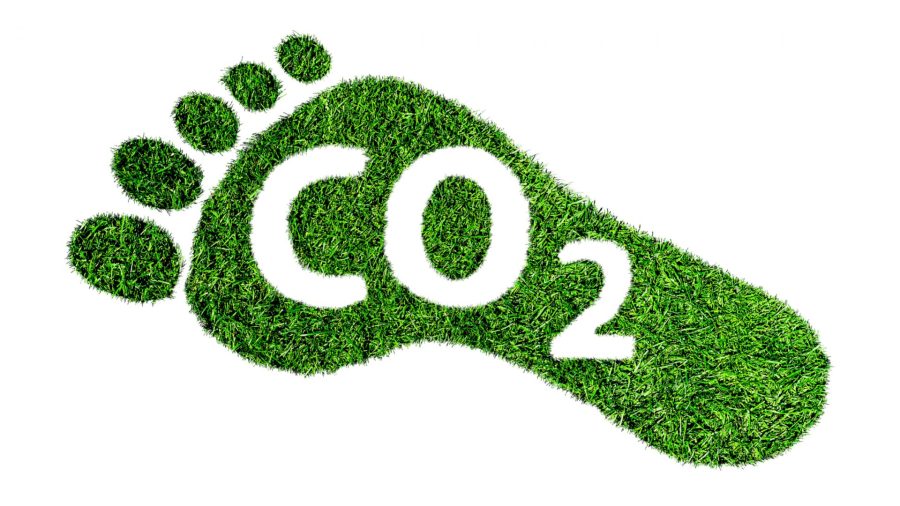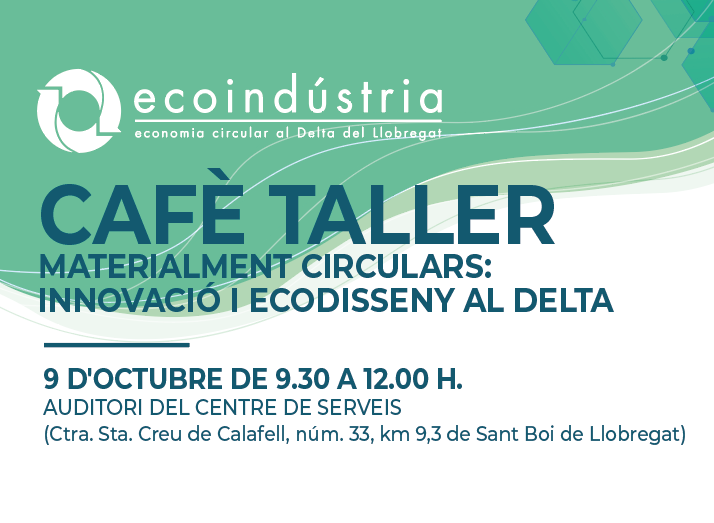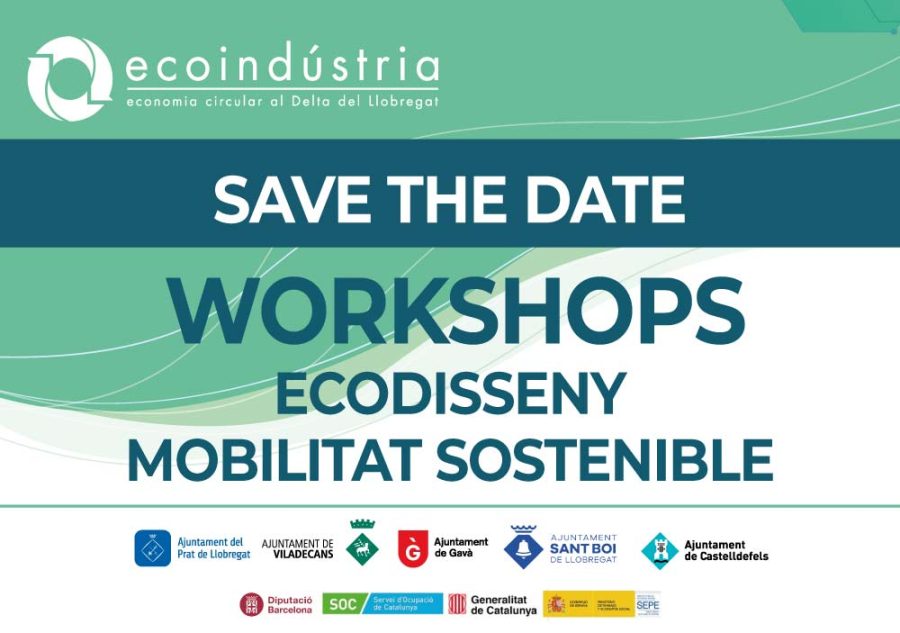This new material is obtained from vegetable waste (such as potatoes or carrots) and can be used in the manufacture of containers such as bottles or trays for food and drinks.
Aware of the environmental impact of waste in nature, and of the need to bet on prevention in all areas, TheCircularLab, Ecoembes circular economy innovation center, has presented this week a new plastic material, within its commitment so that the packaging of the future is increasingly sustainable. This material is biobased - that is, it is obtained from vegetable waste such as potato peels or any other vegetable waste, instead of petroleum -, compostable, recyclable, and biodegradable in the marine environment.
This sustainable plastic, which has been developed together with the AINIA technology center and comes from decomposing organic 100% material, lays the foundations for a revolution in the circular economy. In addition, it could be an alternative to treat waste from municipal markets and other facilities where large quantities of this type of food are generated, contributing not only to them being recycled, but also to reducing food waste.
As for the process to obtain this type of plastic, which corresponds to the number of PHBV (PolyHydroxyButylValerate) and is in the prototype phase, it is achieved after crushing the plant residue and extracting the glucose from it, which serves as food for a microorganism that is in charge of producing the biopolymer with which it is manufactured. Like plastics from other non-vegetable sources, it could be used for packaging food and/or beverages. But unlike them, in addition to being recycled, it could be composted and even biodegraded in the marine environment.
Óscar Martín, CEO of Ecoembes, has pointed out that "we must leave behind the philosophy of produce, use and throw away to enter the new paradigm of the circular economy and be able, in this way, to be able to respond to environmental challenges such as climate change, the pollution or the efficient use of energy. Because we don't have a planet B". With this commitment, TheCircularLab works, which "has already launched more than 100 projects and an ecosystem of which more than 200 institutions, companies and organizations are part, which are the best proof that a more circular world is possible".
Zacarías Torbado, coordinator of TheCircularLab, led, for his part, the presentation of the projects of the innovation center and emphasized the importance of innovation to achieve a more sustainable planet and explained that "the new sustainable plastic is the germ of new developments based on circular design, and one of the examples of how packaging will be in the future".
East article was published in the newsletter of the Foundation for the circular economy.

